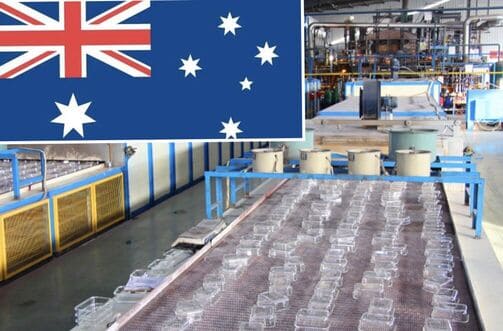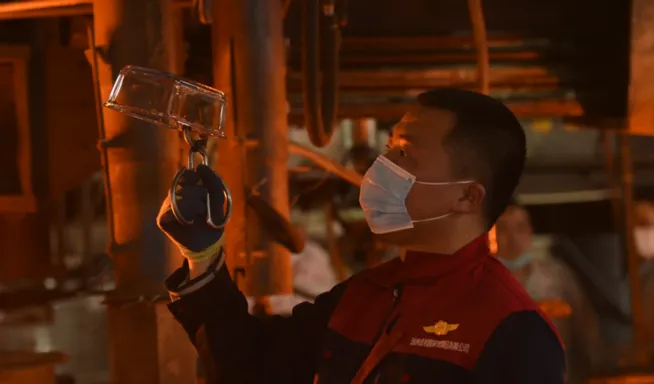8 Tips to find the best glass food containers wholesale source
If you are looking for a reliable and affordable source of glass food containers, then you have come to the right place. In this blog post, we will discuss 8 tips that will help you find the best glass food containers wholesale source.
8 Tips to find the best glass food containers wholesale source Read More »










